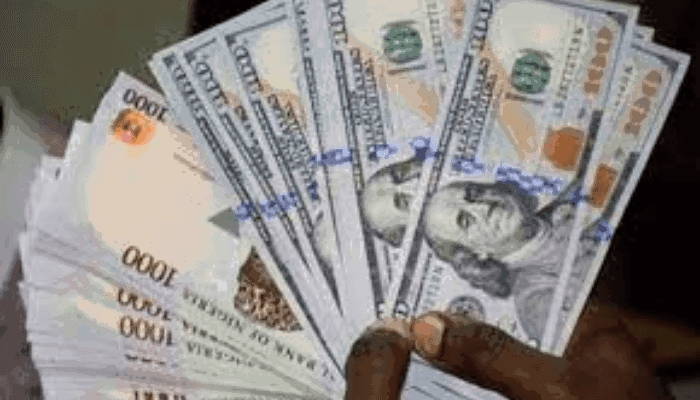Three commercial banks in Nigeria have revealed the recommencement of international transactions on their naira cards. In separate messages to customers, the United Bank of Africa (UBA), Wema Bank, and Guaranty Trust Bank (GTB) confirmed that the service is back on their naira cards. This change comes about three years after several banks halted international transactions on naira debit cards.
In a recent notice to customers, UBA stated the resumption is part of its ongoing commitment to delivering seamless and improved banking experiences. “In line with our continued commitment to providing you with seamless and enhanced banking experiences, we are pleased to inform you that all UBA Premium Naira Cards, including Gold, Platinum, and World variants are now enabled for international transactions,” the message read. “This means you can now use your Premium Naira Card for everyday payments, online shopping, POS, and ATM transactions across the world, with more ease and flexibility. If you haven’t used your card recently, now’s a great time to rediscover the convenience and prestige that comes with being a UBA premium cardholder.”
In its own statement, Wema Bank informed customers they could now “pay in dollars” using their naira cards. “Your Wema Naira Mastercard just went global! Now you can pay in dollars on all your favourite international platforms; Amazon, eBay, AliExpress? Netflix, Spotify, YouTube,” the bank noted.
In an email to customers, GTB explained that users can spend up to one thousand dollars every quarter with its naira card worldwide. “We are pleased to inform you that you now have a quarterly limit of $1,000 on your GTBank Naira Card to pay for all your favourite things anywhere in the world,” it said. “Withdrawals at ATMs Abroad: $500 quarterly. Online and POS Transactions: $1,000 quarterly. Kindly note that the quarterly limit of $1,000 covers all transactions including ATM cash withdrawals abroad, purchases on international websites, POS payments outside Nigeria, and more.”
WHY BANKS ARE MAKING THE SHIFT
Ayokunle Olubunmi, head of financial institutions ratings at Agusto & Co, explained that the improved liquidity in the foreign exchange (FX) market encouraged banks to restart global transactions with their naira cards. “The moderating premium on the parallel market transactions and the reduced arbitrage opportunities is also responsible for the decision,” he said.
Charles Sanni, chief executive officer of Cowry Treasurers, told TheCable that the smaller spread between the official and parallel market rates likely influenced the move. He added that interest rates are very high in Nigeria, which discourages borrowing to speculate on foreign exchange. “The naira has also continued to appreciate against the other major currencies of the world. More so, there has been increased diaspora remittances based on the new policy of the Central Bank of Nigeria (CBN) on opening of accounts for non-residents, particularly Nigerians in diaspora,” he explained.
Sanni also pointed to renewed confidence in FX management by the federal government and the CBN, noting improvements in fund transfers and capital repatriation. He mentioned that factors such as an improved credit rating for Nigeria, the clearance of FX backlogs, a “new trading platform, increase in oil prices from geopolitical conflicts, and banks capitalisation” also played a role.
Between July 2022 and January 2023, several other banks had also temporarily stopped international transactions on ATMs and POS channels. The pause was due to severe FX scarcity, which posed a risk to vital sectors of the economy.
In July, Standard Chartered Bank halted international transactions on its naira visa debit card. First Bank of Nigeria (FBN), on September 21, 2022, announced it would stop international transactions on its naira Mastercard. Three months later, Guaranty Trust Bank (GTBank) suspended global payments on its naira Mastercard, and Zenith Bank followed suit on January 9, 2023.
Flutterwave, Eversend, and other fintech platforms also suspended their virtual card services for international transactions.

 BIG STORY4 days ago
BIG STORY4 days ago
 BIG STORY19 hours ago
BIG STORY19 hours ago
 BIG STORY3 days ago
BIG STORY3 days ago
 BIG STORY4 days ago
BIG STORY4 days ago
 BIG STORY1 day ago
BIG STORY1 day ago
 BIG STORY3 days ago
BIG STORY3 days ago
 BIG STORY2 days ago
BIG STORY2 days ago
 BIG STORY5 days ago
BIG STORY5 days ago


















